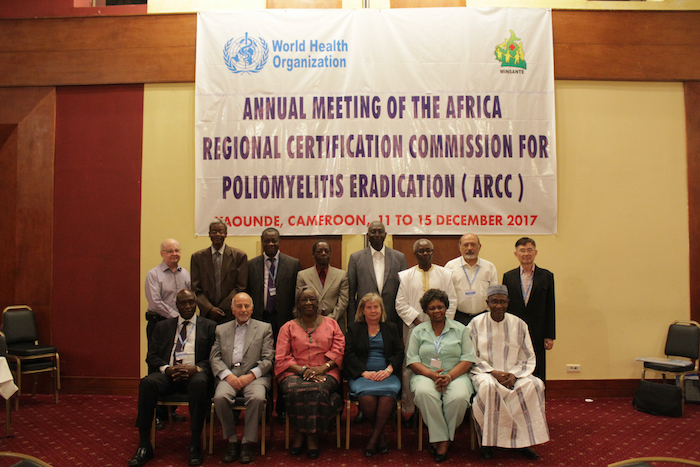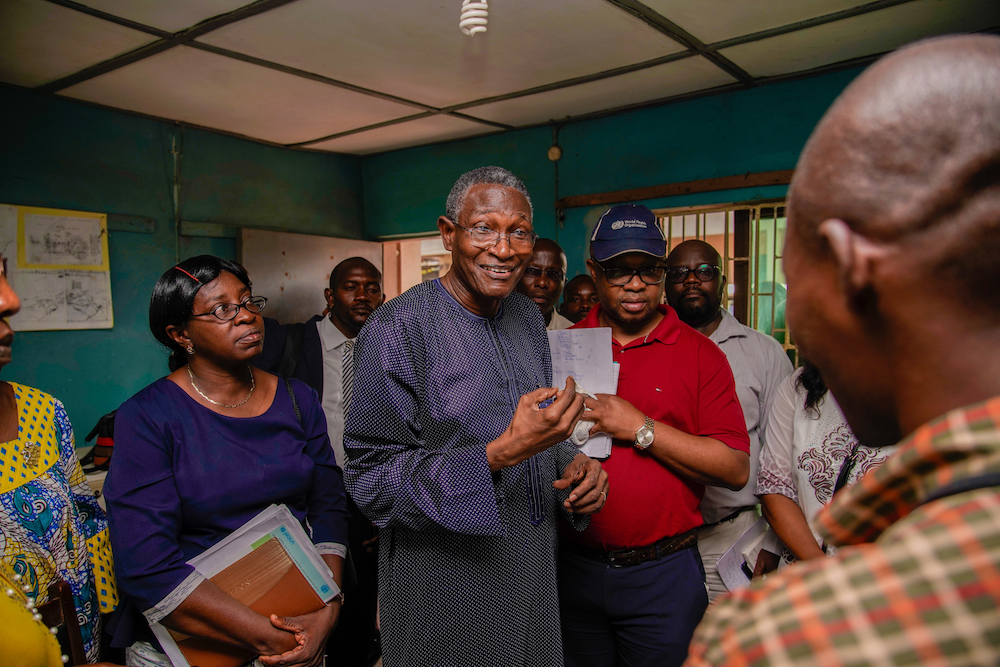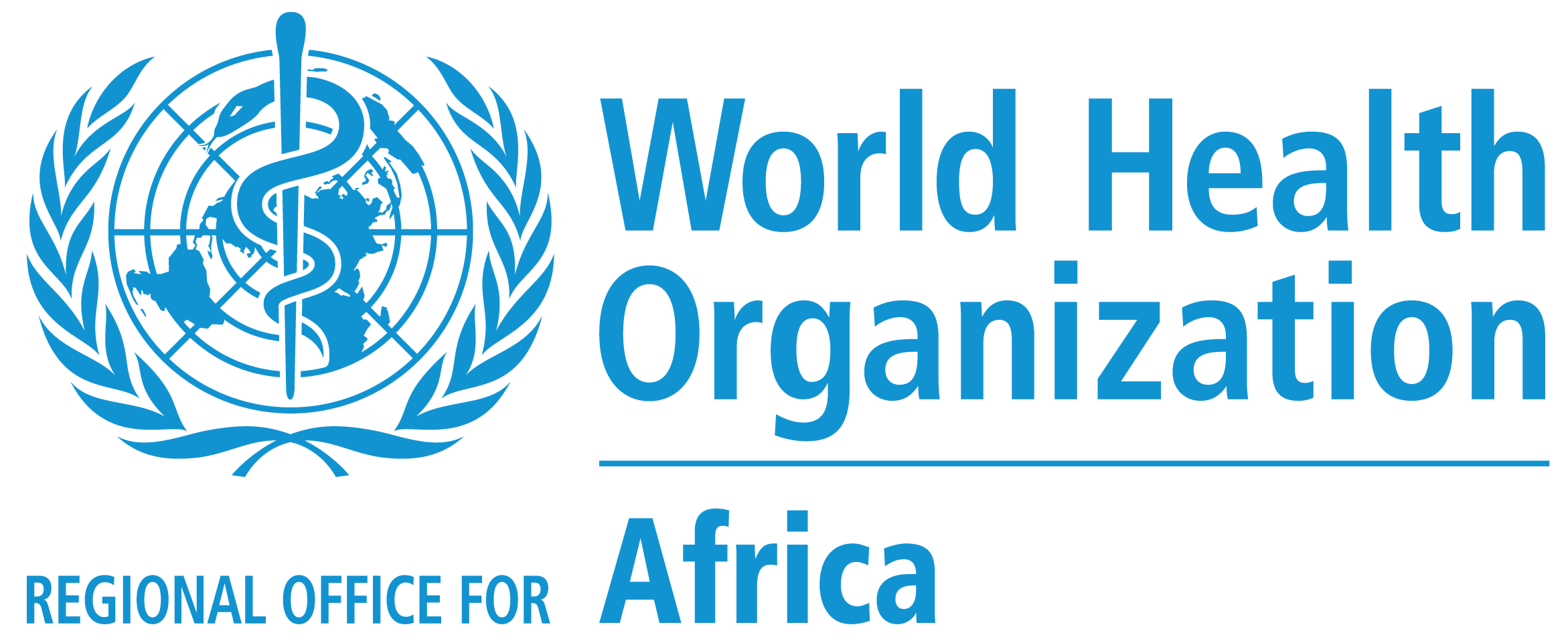Interview with Professor Rose Leke: How to certify a region as wild polio free
After the World Health Assembly passed a resolution to eradicate polio worldwide in 1988, the Global Certification Commission led the way in establishing a formal certification process, asking each of the six WHO regions to set up a Regional Certification Commission. That year, the WHO Regional Director for Africa created the Africa Regional Certification Commission (ARCC) for Polio Eradication: a 16-person independent body tasked with overseeing this process, and later on containment activities in the African region.
While certification of wild polio eradication is done at a regional level, as opposed to national, a country can be declared as ‘wild polio-free’ when it has reported no cases of wild poliovirus for three consecutive years, and if it meets global standards for surveillance and routine immunization. Once every country in the region has met the criteria and been declared wild polio-free, the entire region can be declared as free of wild poliovirus.
Professor Rose Leke, an infectious disease specialist, has been the chairperson of the ARCC since it was set up in 1998. A trailblazer for women in global health, Leke has fought throughout her career to improve women’s representation in science and global health leadership. In 2018, she was one of nine women honored with a Heroine of Health award, recognizing her outstanding contribution to healthcare.
Professor Rose Leke, chairperson of the Africa Regional Certification Commission (ARCC) for Polio Eradication ©WHO/M. Henley
How did you get involved with the ARCC?
When I was invited to be part of the ARCC in 1998, I was not involved in any polio-related work. But I could see the havoc that polio was reaping on the continent. I had a nephew who was paralysed from polio and suffered brain damage, and another relative who contracted polio and continues to inspire me. Back then, you saw so many paralysed young people on the streets. You don’t see that today.
What moments stick out for you in Africa’s journey towards eradicating polio?
The Global Polio Eradication Initiative (GPEI) is an extremely well-coordinated programme with very high standards that countries must maintain. There is strong coordination from headquarters to district level, real-time data and a surveillance network that is able to quickly identify countries that are lagging behind and give them orientation to address this.
In 2017, we detected persistent deficiencies with South Africa’s surveillance systems and routine immunization coverage and had to revoke their wild polio-free status that was issued in 2006. It is the only country in Africa to have had their status rescinded. It was a shock for them at first, but they responded swiftly, putting in measures to regain their wild polio-free status in 2019. This shows that no country can afford to rest on their laurels.
Nigeria’s being declared as free of wild poliovirus also has huge significance. It’s been such a long road. When Nigeria didn’t report any cases of wild polio for two years between 2014 to 2016, we were apprehensive but satisfied. We were so close to eradication as a region, everything was going so well, and then wild polio was reported again in Nigeria in August 2016, and certification had to go on the back burner.
The Nigerian response to their outbreaks has been extraordinary. Everyone is committed and highly involved. In Sokoto and Kano states, where I was recently for a field verification visit, and in all other states, everyone – from government officials, traditional leaders, health staff and field teams, community health workers and informants, polio survivors to traditional birth attendants – was heavily engaged in the response. The innovative technologies that have emerged have similarly been incredible. The Nigerian Emergency Operations Centre is a well-coordinated structure that is behind Nigeria’s success. Other disease programs in Africa are learning from this.

Members of the Africa Regional Certification Commission (ARCC) for Polio Eradication during an annual meeting in Yaoundé, Cameroon in 2017. ARCC chairperson Professor Rose Leke is in the front row, fourth from the left © WHO

ARCC member Dr Zacharia Maiga questions health staff on their polio cold chain facilities during an ARCC verification visit to Nigeria in 2019. © ARCC
What keeps you motivated as ARCC chairperson? Have you had to make sacrifices?
When we started, we were aiming for wild polio to be eradicated by 2000; the thought of this success really kept me motivated and still does. At times it has been a huge sacrifice; as volunteers ARCC members are not paid, and I’ve sometimes given up consultancies to do this work. My husband, children and grandchildren will tell you, there was a huge amount of traveling and many meetings. But I don’t regret the time spent for a moment on such a cause.
When Dr Moeti was appointed as WHO Africa Regional Director in 2011, this was further motivation to continue: I wanted to support a fellow woman. In the beginning, I was the only female in the Global Certification Commission. The commission has addressed this imbalance and we are now two females out of the six members. We need more women in senior positions on the African continent.
Finally, the expertise and unrelenting commitment of Dr Bruce Aylward, who led the GPEI partnership between 1998 to 2014 and with whom I worked very closely, inspired all of us working in polio to counter all challenges and never give up.
What do you see as the legacy of polio eradication?
The polio response has brought many skilled technicians into Africa’s health systems. The GPEI paved the way for working closely with traditional healers and community leaders and has really helped to strengthen the systems that report on other diseases. The polio laboratory network is being used for other diseases, giving capacity in the region for doing all sorts of other diagnostics. You’ll find the one person in the health centre who was there for polio is reporting on many other diseases.
After we declare Africa as free of the wild poliovirus, the ARCC will work with countries to ensure they keep up good quality surveillance, and improve routine immunization, keeping population immunity as high as possible. We will also continue to guide countries in continuing to monitor population immunity to prevent importations of wild poliovirus from outside the African region, while ensuring that the threat of circulating vaccine derived polio viruses (cVDPVs) is addressed. Our work continues until all forms of polio have been eradicated globally.


